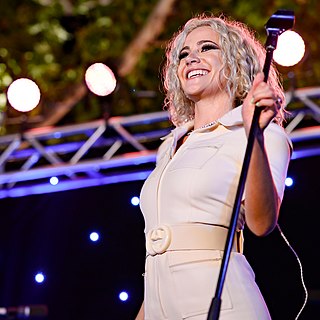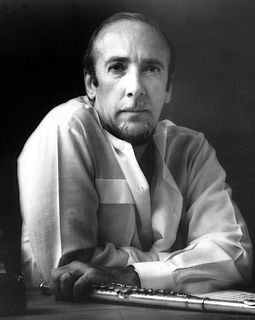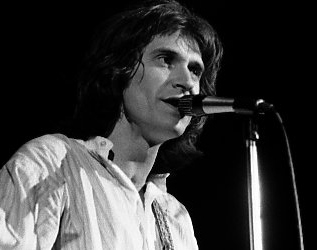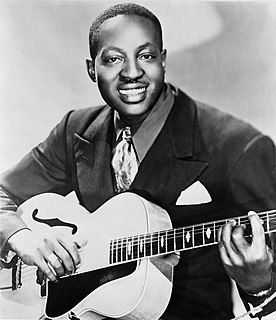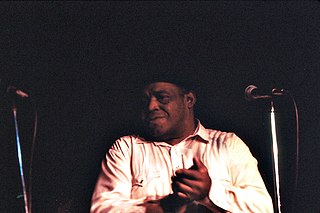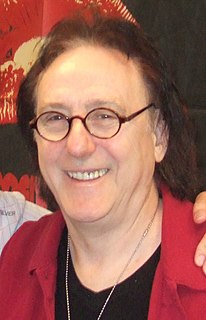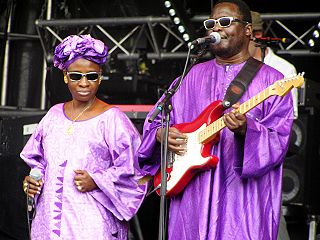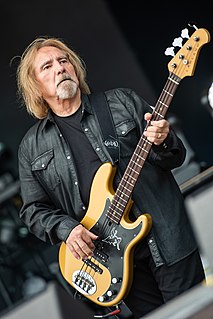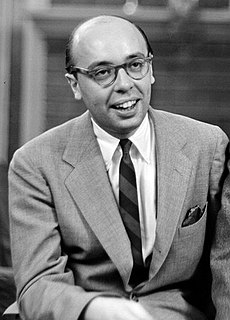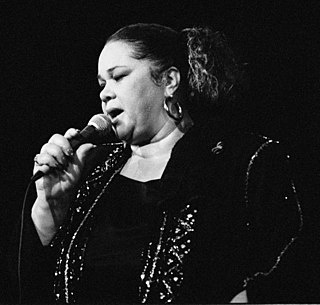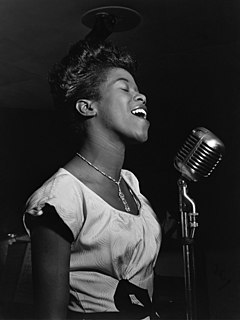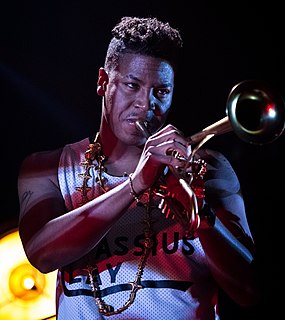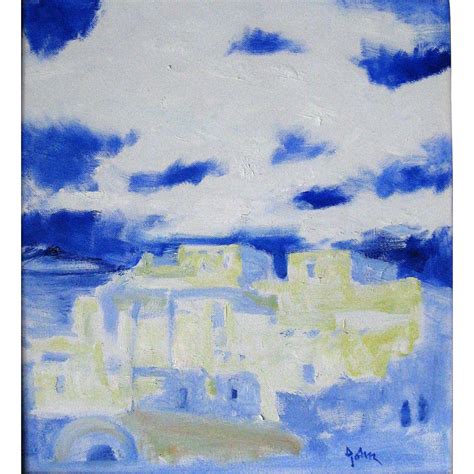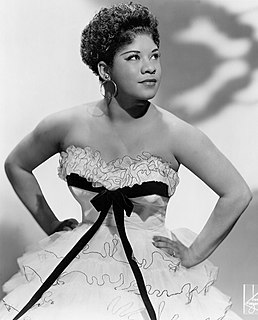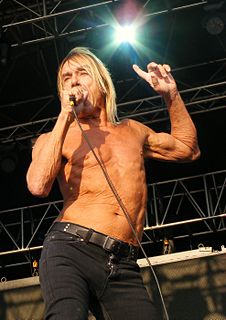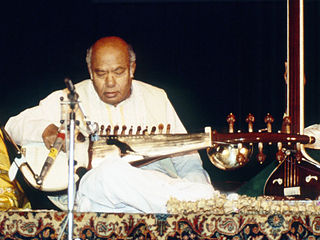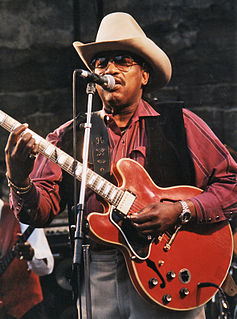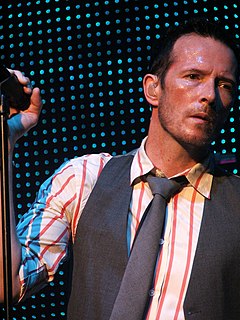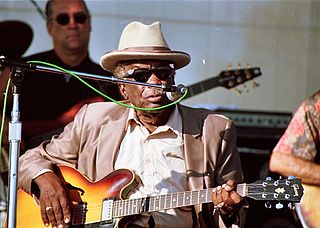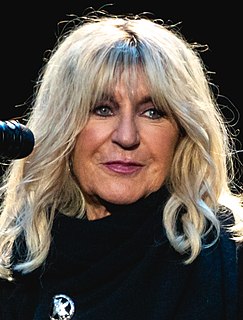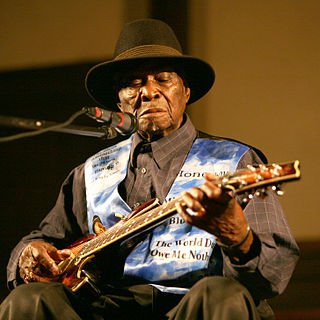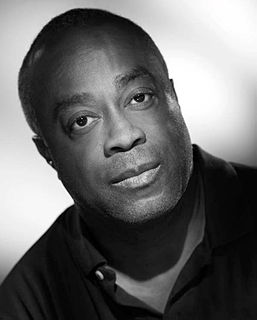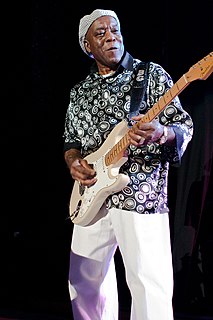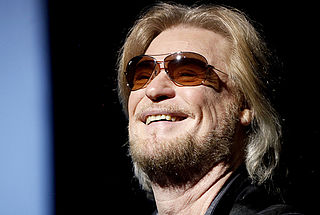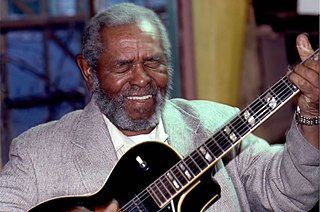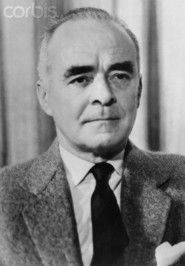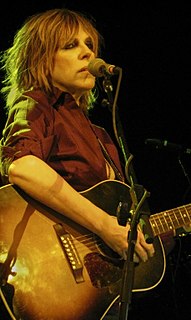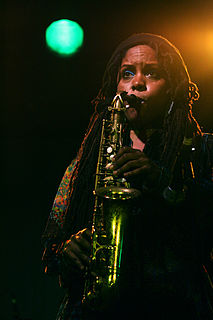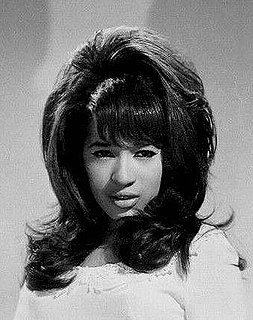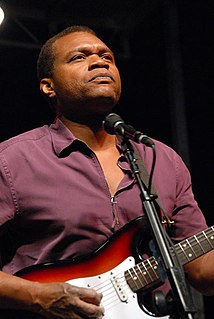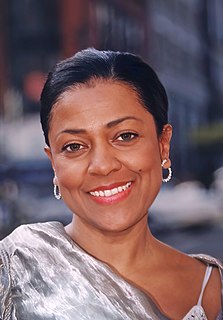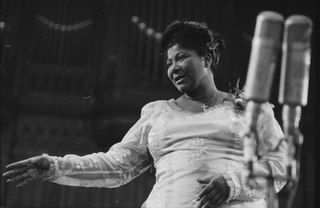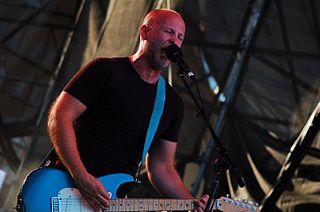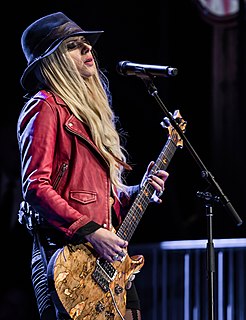Top 1200 Singing The Blues Quotes & Sayings - Page 3
Explore popular Singing The Blues quotes.
Last updated on April 18, 2025.
I don't know why people call me a jazz singer, though I guess people associate me with jazz because I was raised in it, from way back. I'm not putting jazz down, but I'm not a jazz singer...I've recorded all kinds of music, but (to them) I'm either a jazz singer or a blues singer. I can't sing a blues – just a right-out blues – but I can put the blues in whatever I sing. I might sing 'Send In the Clowns' and I might stick a little bluesy part in it, or any song. What I want to do, music-wise, is all kinds of music that I like, and I like all kinds of music.
I'd come home from school alone with those teenage blues and I'd put on Frank Sinatra's It was a very good year. Here was this mature man singing about the cycle of his life, and as a kid I felt the emotions of it already. It has since been a touchstone for me whenever I want to experiment musically.
I never, with my eyes, saw the mistreatment of any black person. Not once. Where we lived was all farmers. The blacks worked for the farmers. I hoed cotton with them. I'm with the blacks, because we're white trash. We're going across the field.... They're singing and happy. I never heard one of them, one black person, say, I tell you what: These doggone white people - not a word!... Pre-entitlement, pre-welfare, you say: Were they happy? They were godly; they were happy; no one was singing the blues.
You know the one with the big ears? Wait a minute, he ain't my president, he might be yours, he ain't my president. You know that woman he had singing for him, singing my song - she's gonna get her a- whipped. The great Beyoncé But I can't stand Beyoncé. She has no business up there, singing up there on a big ol' president day singing my song that I've been singing forever.
